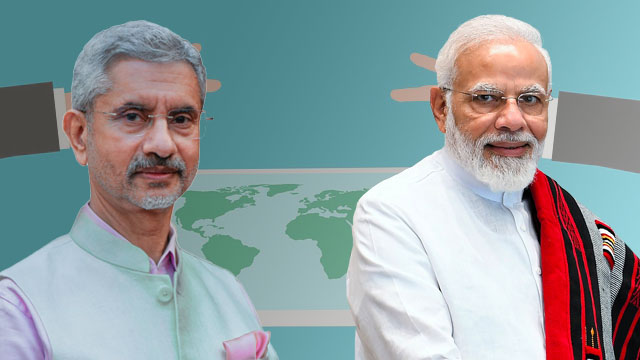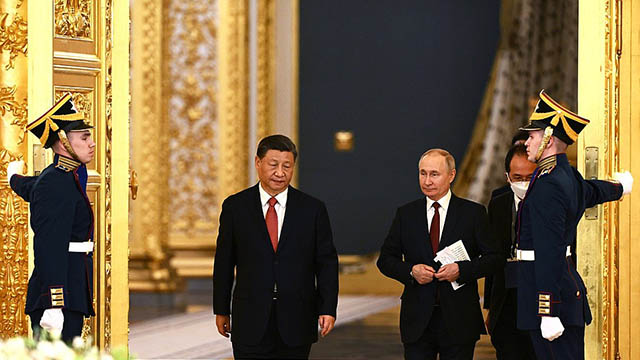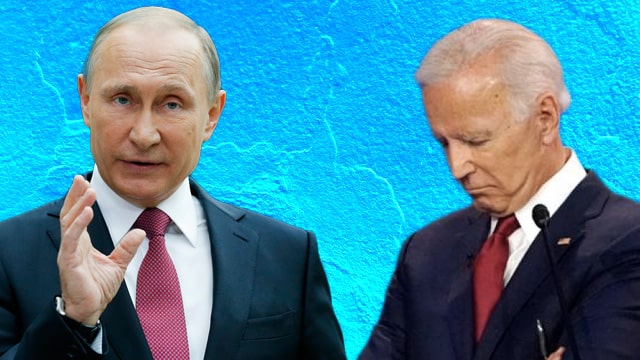The Opposition has been criticising India’s foreign policy under Prime Minister Narendra Modi for a long time. Modi’s ruling Bharatiya Janata Party (BJP) considers India’s current foreign policy as the best one in decades. However, amid this dichotomy, to understand whether this policy is conforming to India’s geopolitical needs, one needs to critically analyse it, without being swayed by one or the other side.
Compared to what India’s foreign policy was nine years ago when Modi ascended to power, it has gradually evolved over the years. While Modi came with an unapologetic pro-US, pro-Israel and anti-China image, it was considered that under him, India will bid adieu to the last vestiges of the Nehruvian non-alignment policy. However, India’s traditional propensity for non-alignment has not changed as feared during the Modi era, especially under current External Affairs Minister S Jaishankar.
Recently on March 1st and 2nd, the G20 Foreign Ministers’ Metting was held under the presidency of India at New Delhi’s Rashtrapati Bhawan. Foreign ministers of the UK, the USA, France, Germany and other European countries joined this meeting along with Russia, China and India.
At the opening of this meeting, Modi warned in his speech that multilateralism is in dire crisis. He blamed the western countries without naming them for inequality and various crises that the world continues to face. Modi said that although the foreign ministers were polarised, he hoped that in the land of Gandhi and Buddha, they would look beyond differences and try to find a consensus.
But Modi’s request did not work. There is already a huge polarisation over Russia’s ongoing special military operation in Ukraine. On the one hand, there are the western countries led by the United States, on the other hand, China, India, and most of the countries in Asia and Africa have taken either a neutral position or a position in favour of Russia. As a result, the G20 Foreign Ministers’ Meeting turned into a diplomatic slugfest.
Just as the West has expressed its dismay at India’s neutrality towards Russia on the Ukraine question, a subtle change in India’s foreign policy towards China has been exhibited in the G20 and subsequent meeting of the Quadrilateral Security Dialogue (QSD or Quad) foreign ministers, which may have surprised many onlookers.
Since 2020, bilateral relations between India and China have deteriorated due to border clashes. But still, the Modi government did not end India’s bilateral trade with China. Rather, China’s bilateral trade with India reached record levels in 2022.
Jaishankar had a meeting with China’s newly appointed Foreign Minister Qin Gang at the G20 meeting. India’s foreign minister said he told Qin that India-China bilateral relations are now at an “abnormal level” and it will improve only when the border dispute is resolved. However, the Chinese foreign minister has expressed willingness to hold further talks with India.
While India treads cautiously, efforts have been made by Russian Foreign Minister Sergei Lavrov to bring these two powers together, which he acknowledged at the Raisina Dialogues.
India’s foreign policy has always revolved around opposing China. It did not change during the Modi government even though India is currently a member of the Quad, a US-led anti-China military entente.
Although the Indian government has never promoted the QUAD as an “anti-China” bloc, unlike the US, Australia or Japan, it has always mentioned the axis as an ‘Indo-Pacific’ regional security arrangement. However, India being a member of the grouping is a barrier to an improved relationship between India and China.
India’s foreign policy currently recognises this fact. So, perhaps going against all the Quad member countries, India did not say a word against China, or a word about Taiwan Strait tensions in the Quad resolution. Along with this, India has not expressed much enthusiasm about the Quad foreign ministers’ meet as before but has treaded cautiously.
The events of Ukraine have given the lesson that the US always provokes war but will not come to the rescue in times of crisis. On the other hand, India’s old friend Russia came to India’s rescue when the US Navy’s Seventh Fleet’s Task Force 74, led by the nuclear-powered aircraft carrier Enterprise, was sent to the Bay of Bengal by Richard Nixon’s administration to stop New Delhi’s intervention in East Pakistan’s liberation struggle that led to the formation of Bangladesh. The erstwhile Soviet Union helped India by driving away the US from India’s vicinity.
Again, Russia and China are currently advocating a multipolar world order and an end to the US-led unipolar world order. India also has been repeatedly making the demand for a multilateral, rule-based world order, which will accommodate the aspirations of the developing countries and the voices of the ‘Global South’.
As a result, India will not be benefitted in the long run if it keeps fighting with China and only Russia, with which both sides have good relations, can mediate between India and China. This time during Raisina Dialogues, Lavrov also gave that hint.
In the 21st century, it is important for India and China to resolve old disputes and move towards joint development, security and progress. The new multilateral system, which is discussed globally, won’t materialise unless India, China, Russia, and other emerging powers join hands together. India’s foreign policy has to abandon its old outlook for its new geopolitical interests. How much of this much-required change happens during Modi’s era is something worthy to monitor.



